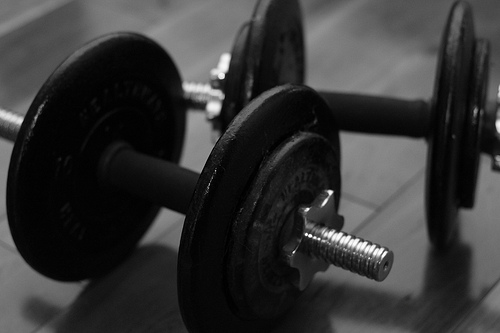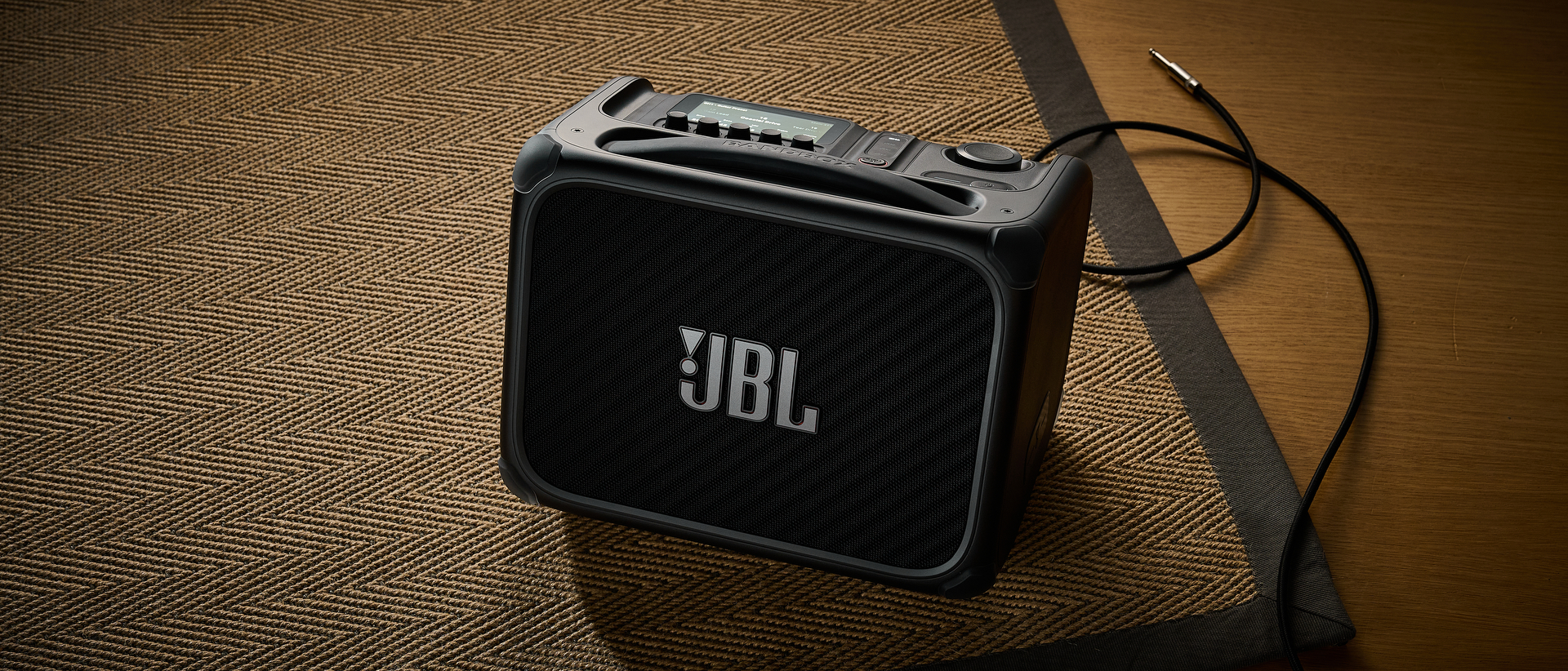No Brainer: Meet the TV Guitar Workout
All the latest guitar news, interviews, lessons, reviews, deals and more, direct to your inbox!
You are now subscribed
Your newsletter sign-up was successful

“Musicians are elite athletes of the small muscles.”
I remember hearing this quote somewhere, and I think it’s true. Playing music can be athletic, and in order to keep up with our music, we need our hands to be in shape.
To be honest, though, the physical-fitness side of guitar playing isn’t always the most exciting. You basically have to repeat the same motion over and over as the muscles in your hands and forearms get a workout, and this repetition can be tedious.
As a teenager I was a big baseball fan, so I would work on my chops while watching baseball games. It turned out to be a great way to work on my playing without my head caving in from boredom.
So for this post, I’ve put together a beginner’s TV guitar workout. It’s a great way for beginning guitarists to start working on hand strength while vegging in front of the tube. Let’s check out the exercises first, and then I’ll go over how you can incorporate them into your TV viewing.
Warm-Up
Let’s start out with a little warm-up exercise called “One Finger Per Fret." This works on left-hand finger strength and gets the fingers used to the spacing of the frets.
All the latest guitar news, interviews, lessons, reviews, deals and more, direct to your inbox!
Begin with your index finger on the first fret of the low E string. Then just count up the frets on the low E string with the rest of your fingers: middle on second fret, ring on third, pinky on fourth. Move up to the A string and repeat the same motion: 1 2 3 4, etc. Here’s how the whole exercise looks:

Once you’ve played all the way up to the high E string, try playing backwards. Then repeat the exercise beginning with the index finger on the second fret of the low E string. This exercise can be played up and back down at each fret on the guitar.
Pinky Builder
A common complaint for beginning guitarists is that the pinky finger just can’t seem to keep up. The pinky will never be as strong as the other fingers just due to its size, but we can do a lot to help it get stronger.
Start by placing the fingers of your fretting hand along the high E string from the ninth to the 12th fret (index on 9, middle on 10, ring on 11, pinky on 12). Play the pinky on the 12th fret first, then alternate between the pinky and each of the other fingers. For example: pinky-ring, pinky-middle, pinky-index, pinky-middle, repeat.

After running through this exercise twice, just move down a fret and repeat two more times. Then move down another fret. This can be played at every fret all the way down the high E string. For an extra exercise, start over again at the ninth fret of the B string. Eventually you can run this exercise at every fret of every string, or until your pinky gets tired.
TV Workout
Just like with any exercise it’s a good idea to take breaks. There are a couple ways to do this, depending on what works for you. One option is to practice during the commercials and rest while your show is on. That’ll get you eight minutes of total workout time for a half-hour show or 18 minutes of workout time for an hour-long show.
Or if you’re not annoying anyone else who’s trying to watch the show, you can practice during the show and rest during the commercials. This gets you 22 minutes of workout time for a half-hour show or 42 minutes for an hour-long show.
During the rest periods, try stretching your forearms, your hands and your fingers to keep your muscles loose. Every bit of practice goes into keeping your hands in shape, so why not work some guitar time into those commercial breaks?
Ben Rainey works as a guitar teacher and freelance guitarist in the Pittsburgh area. He's also in charge of music content at Tunessence.com.
Photo: The Trainer Academy
